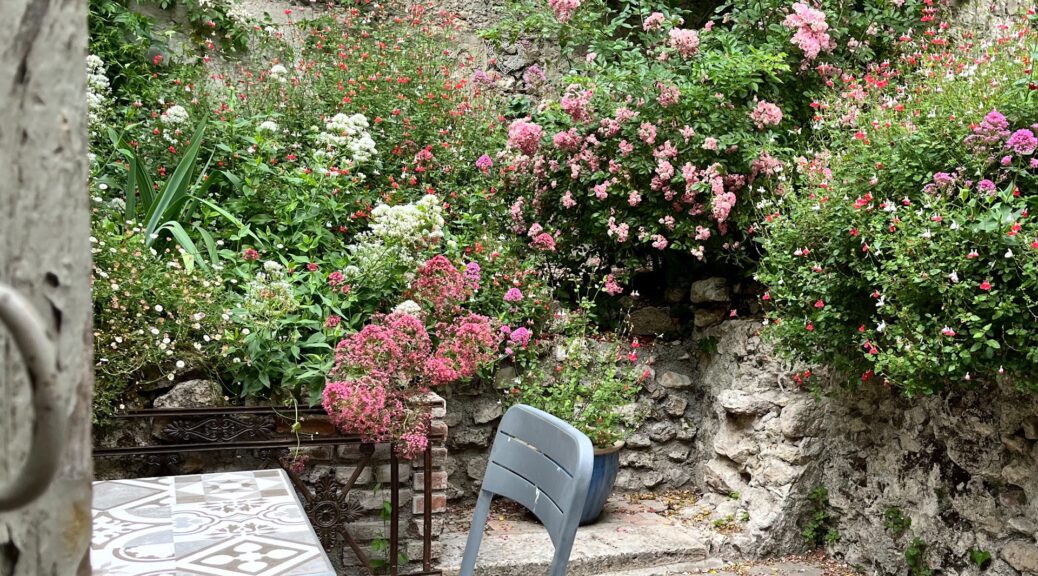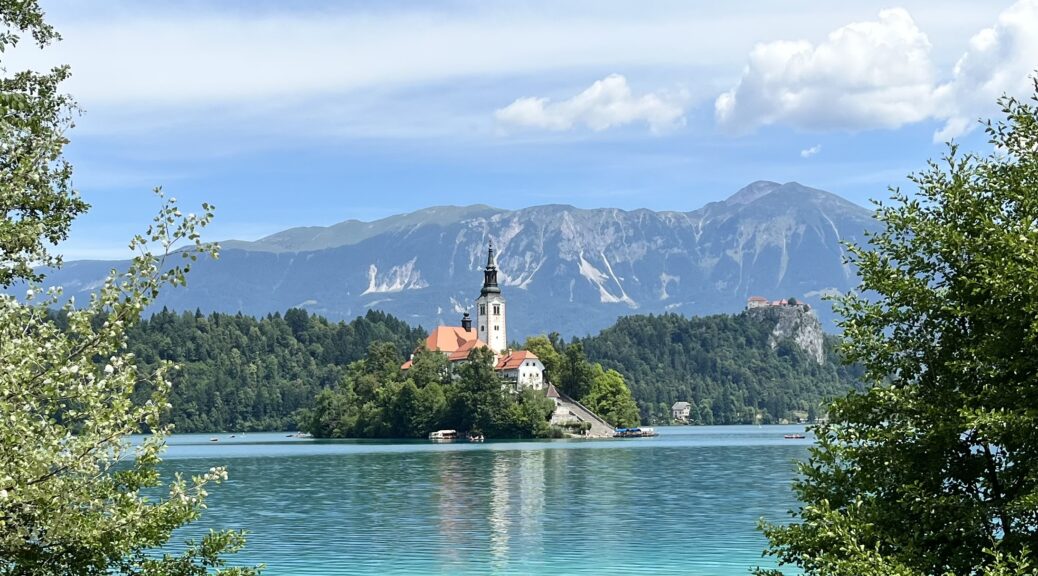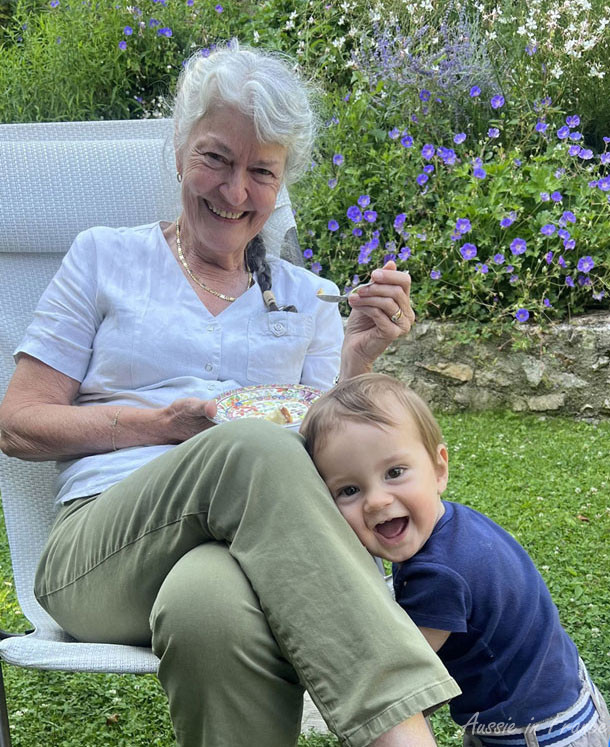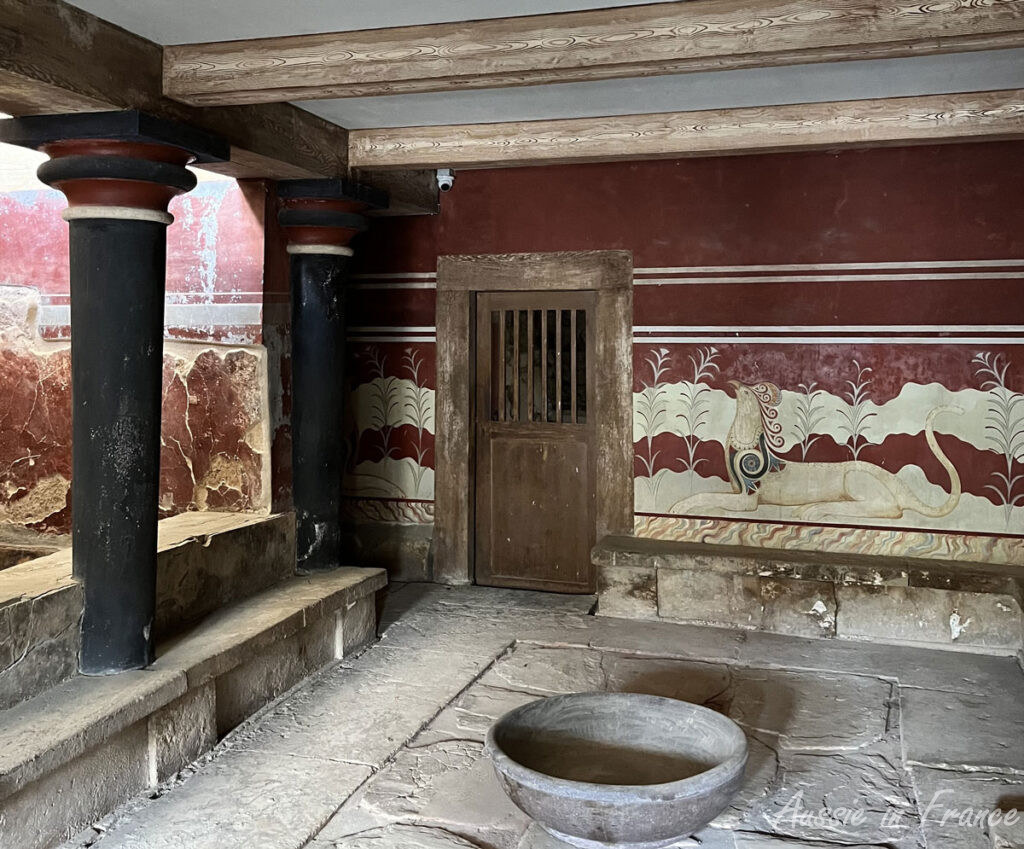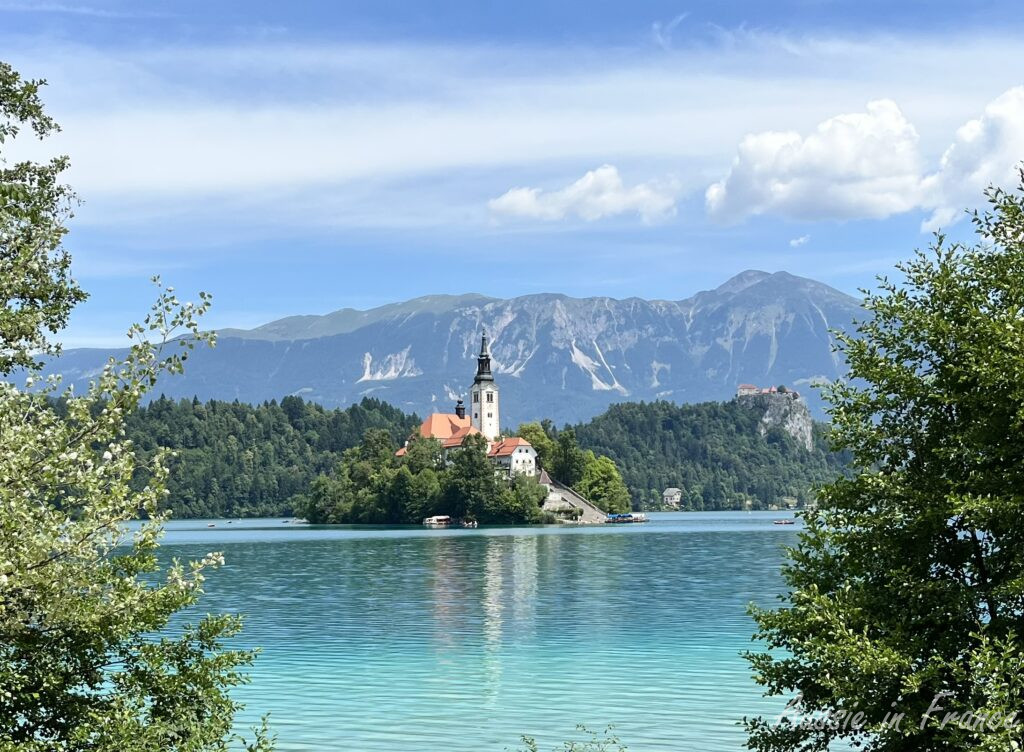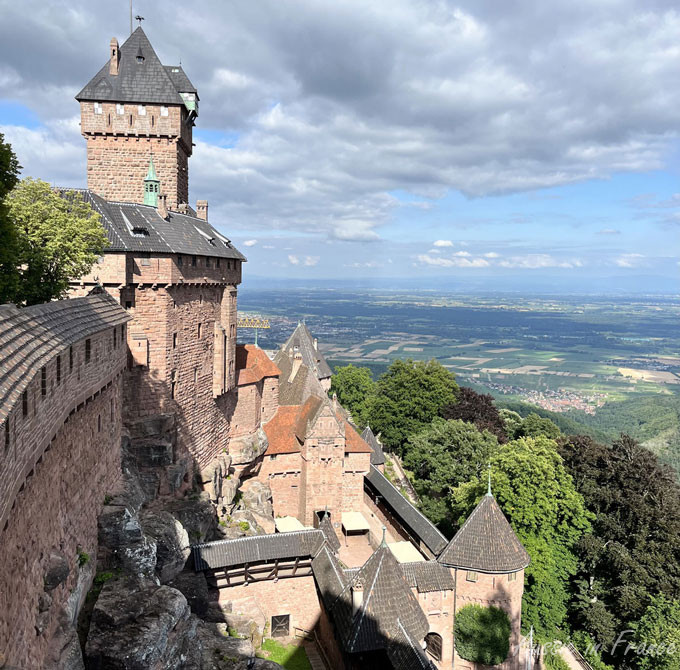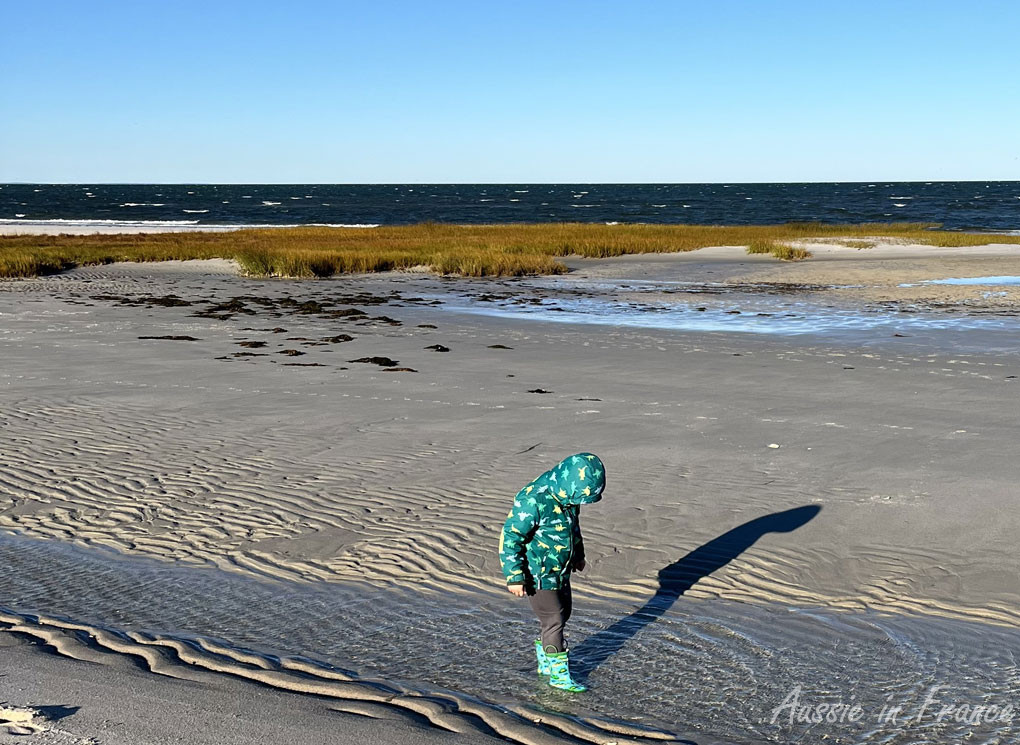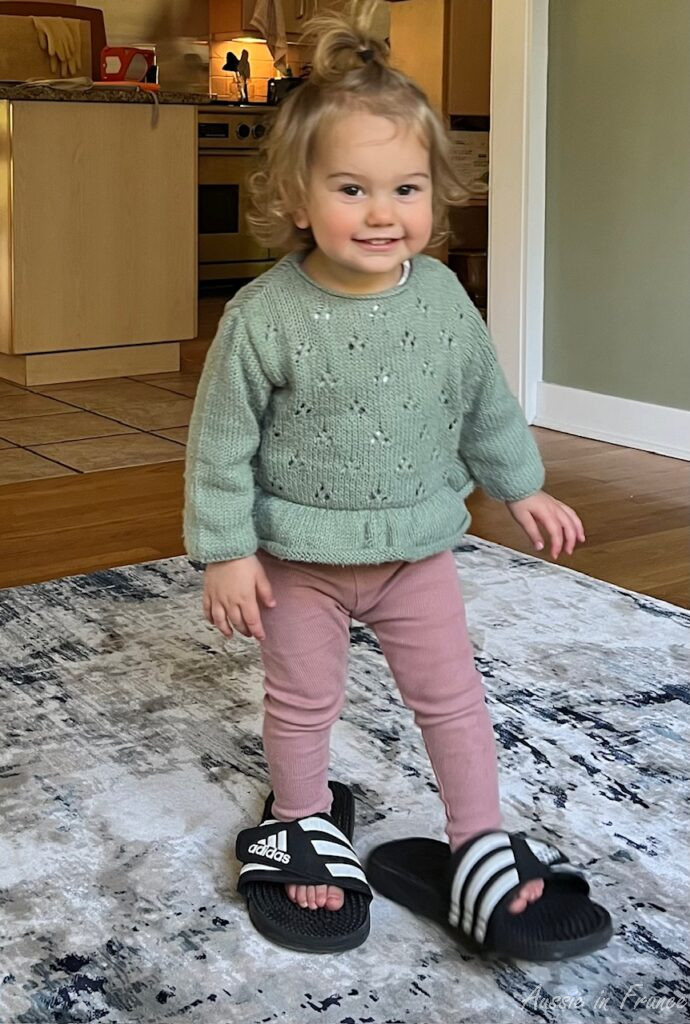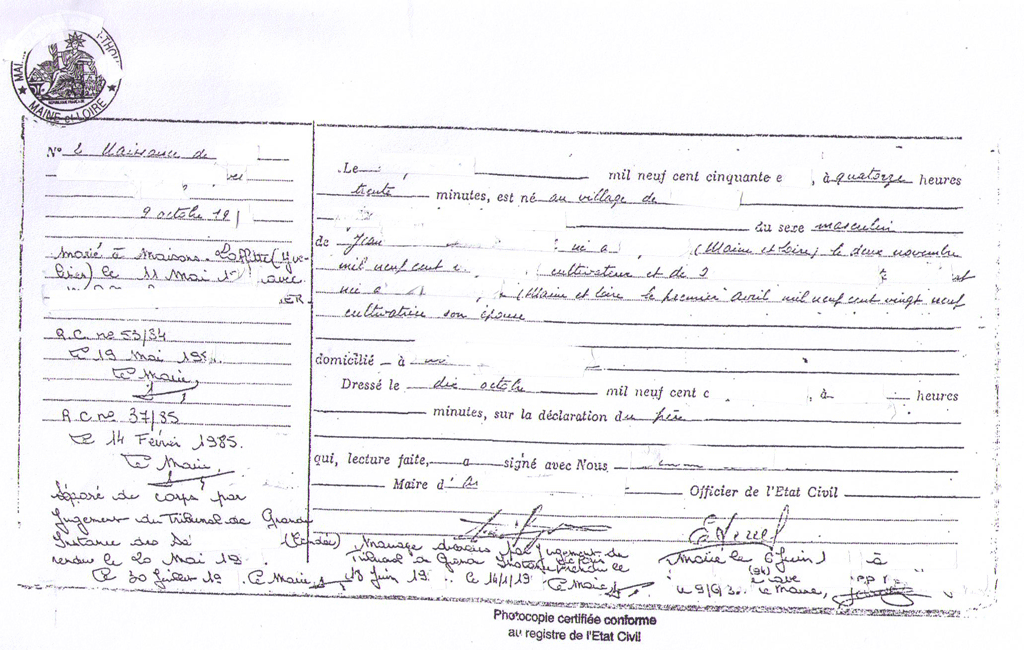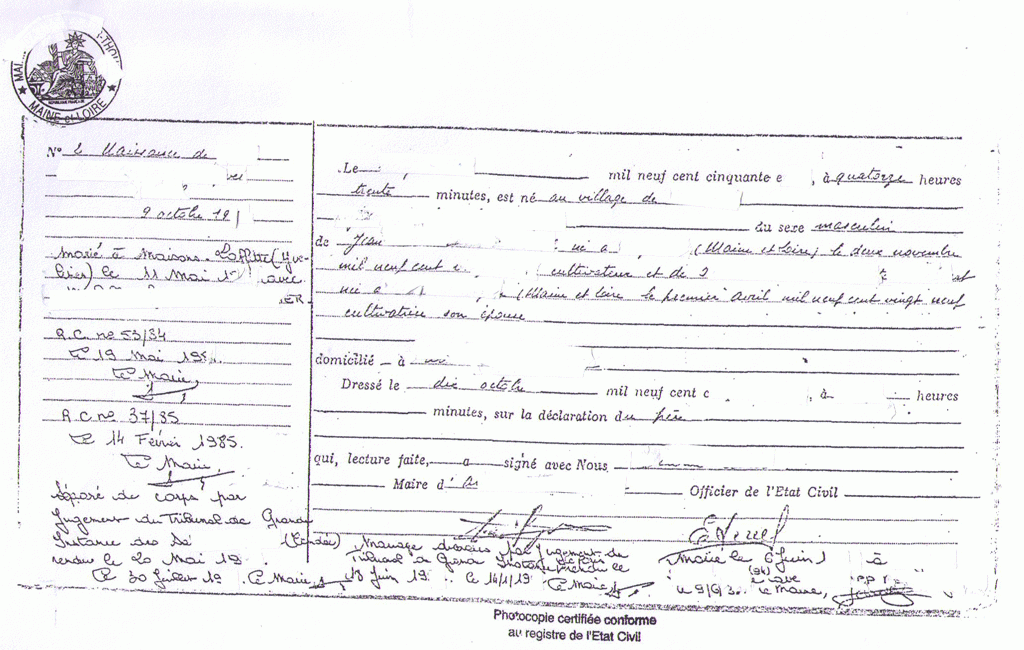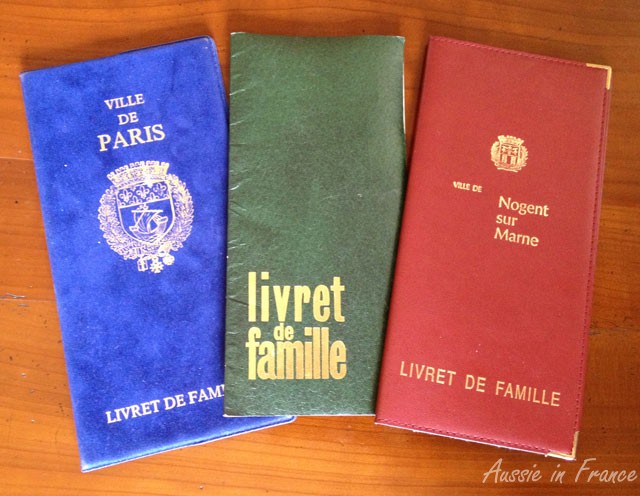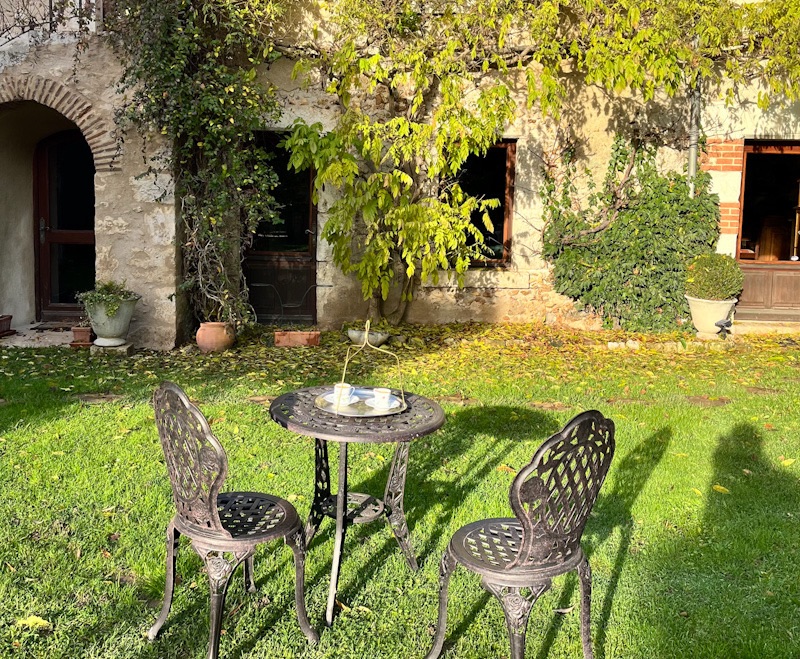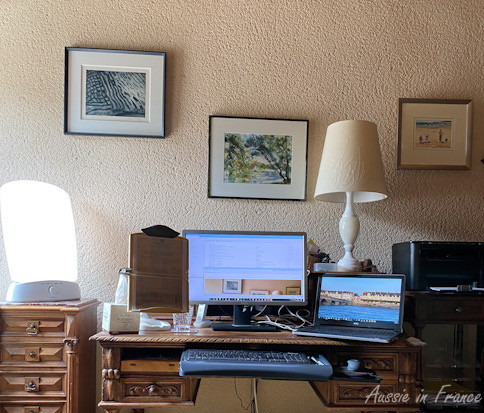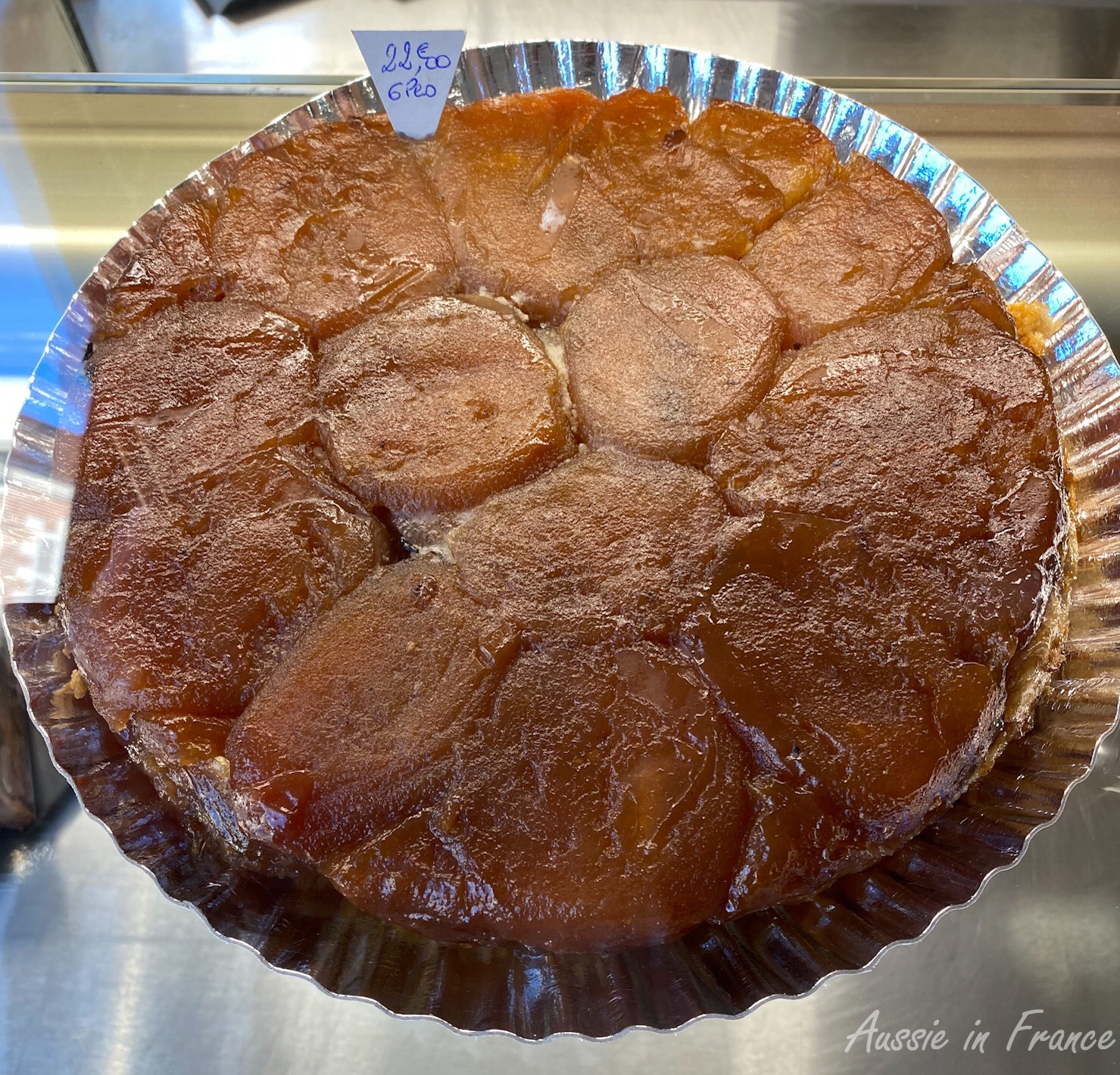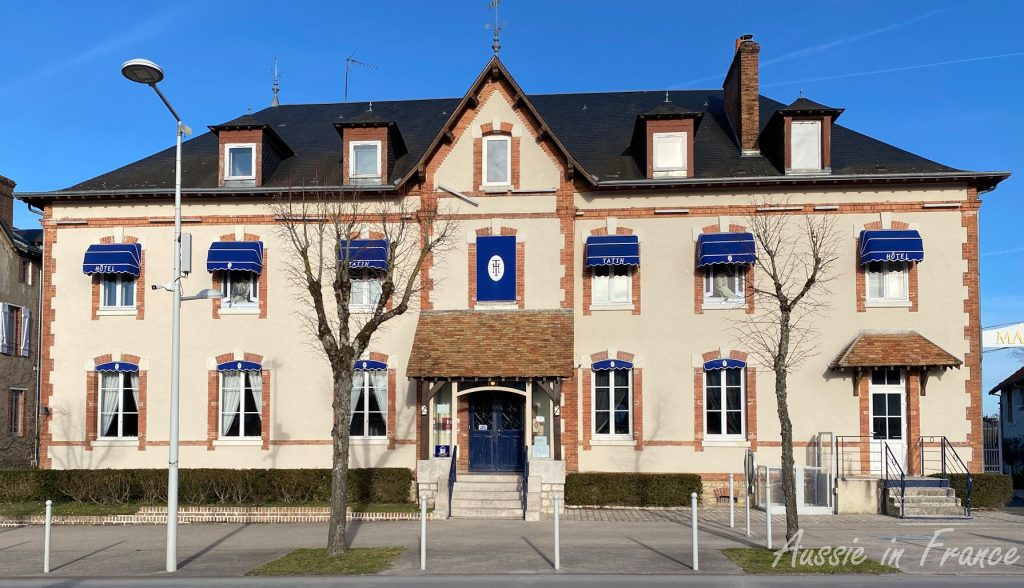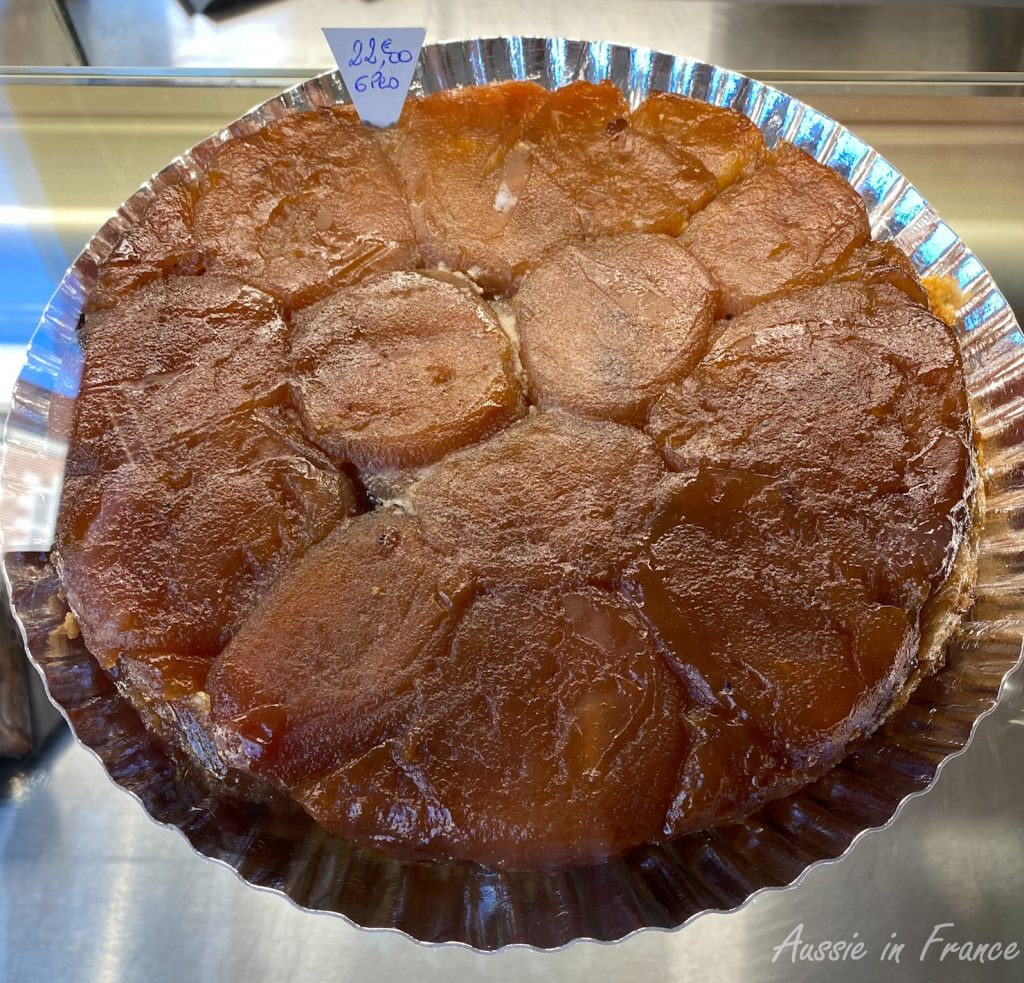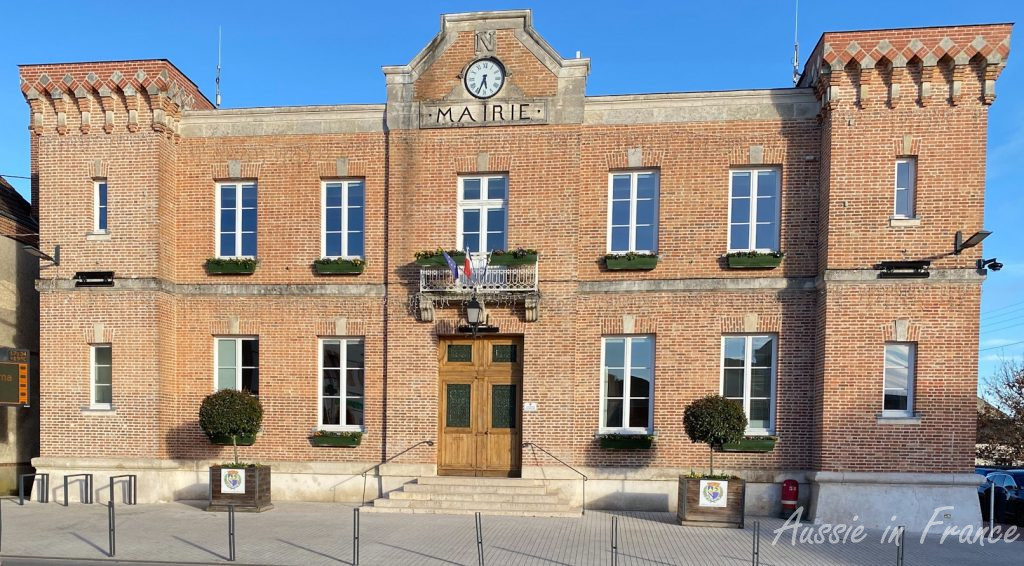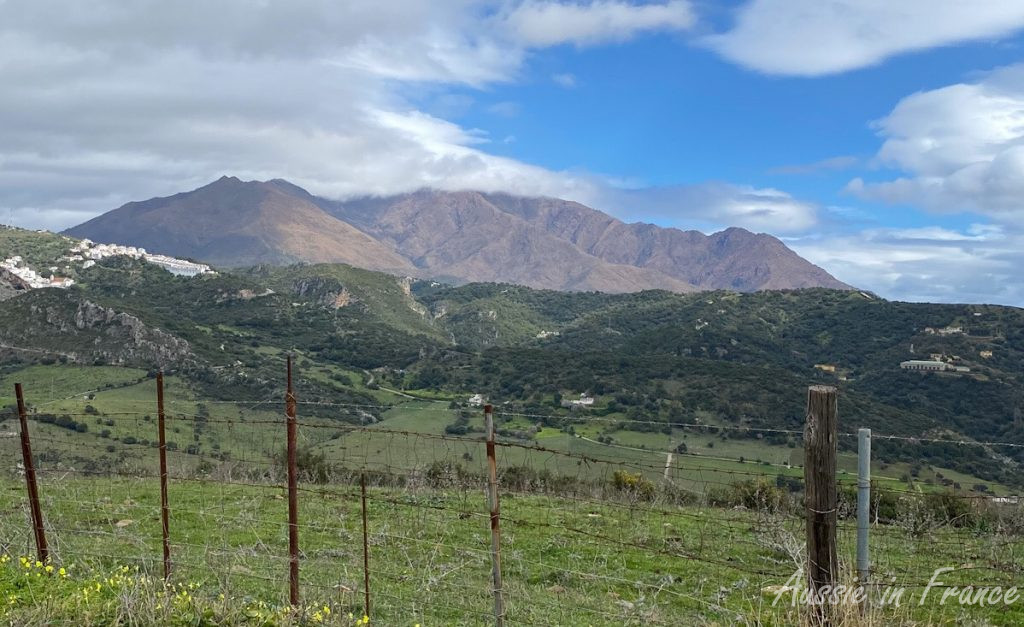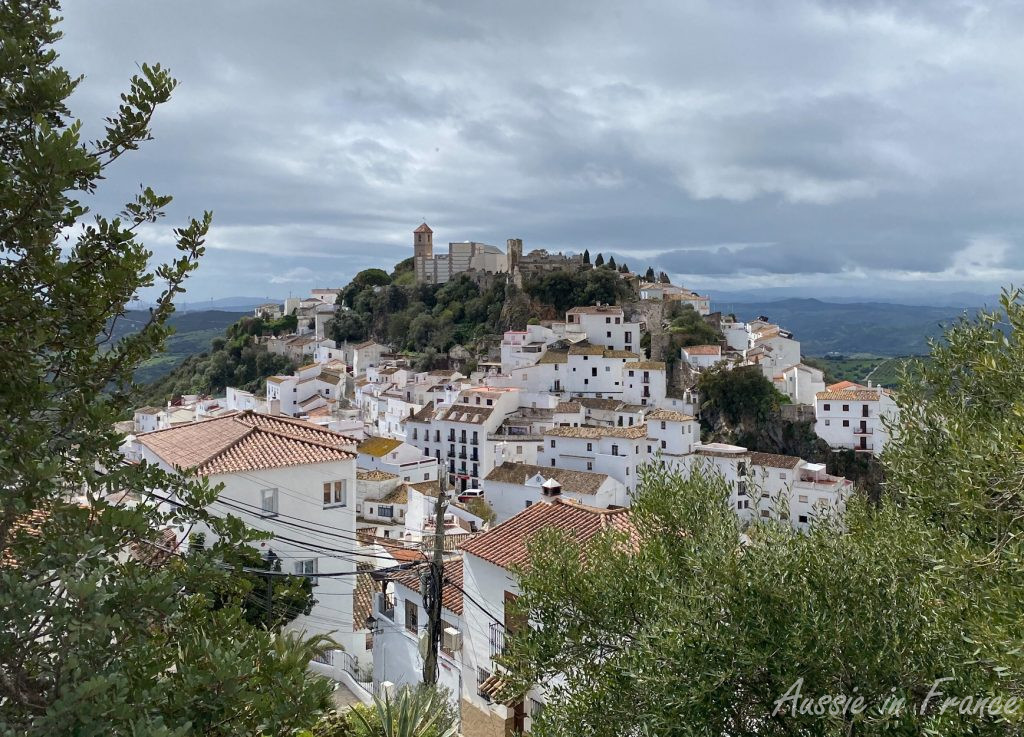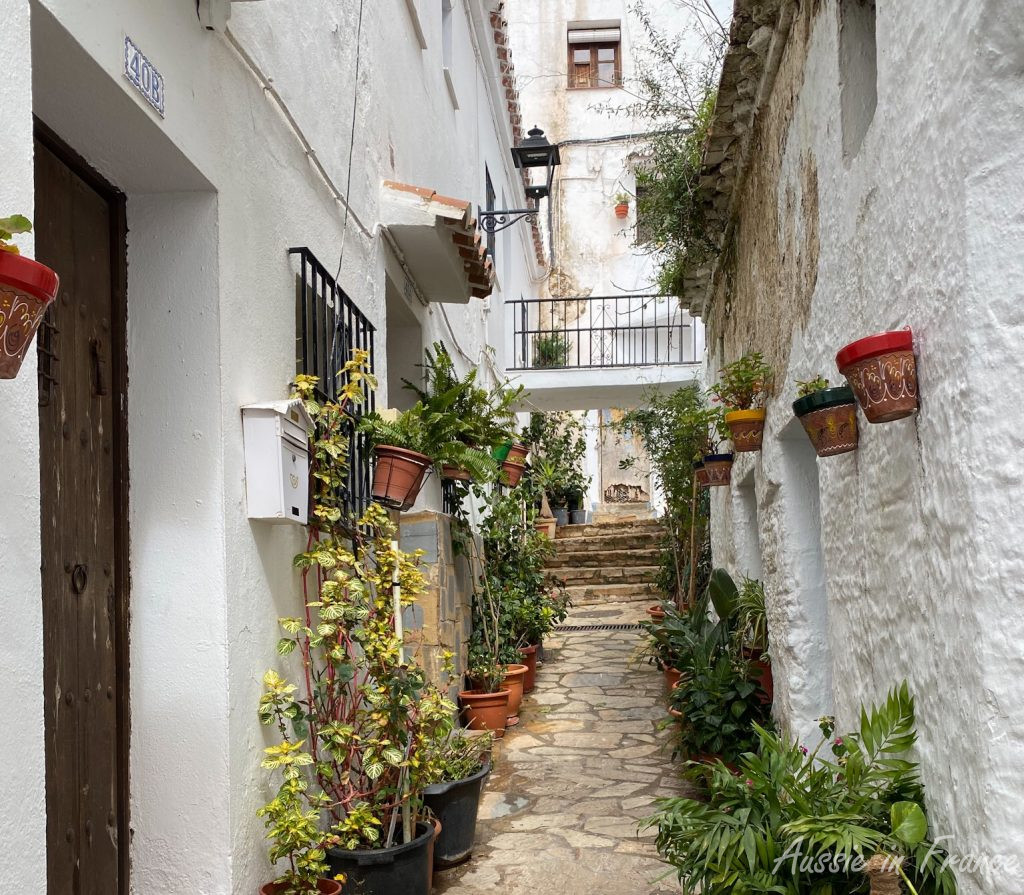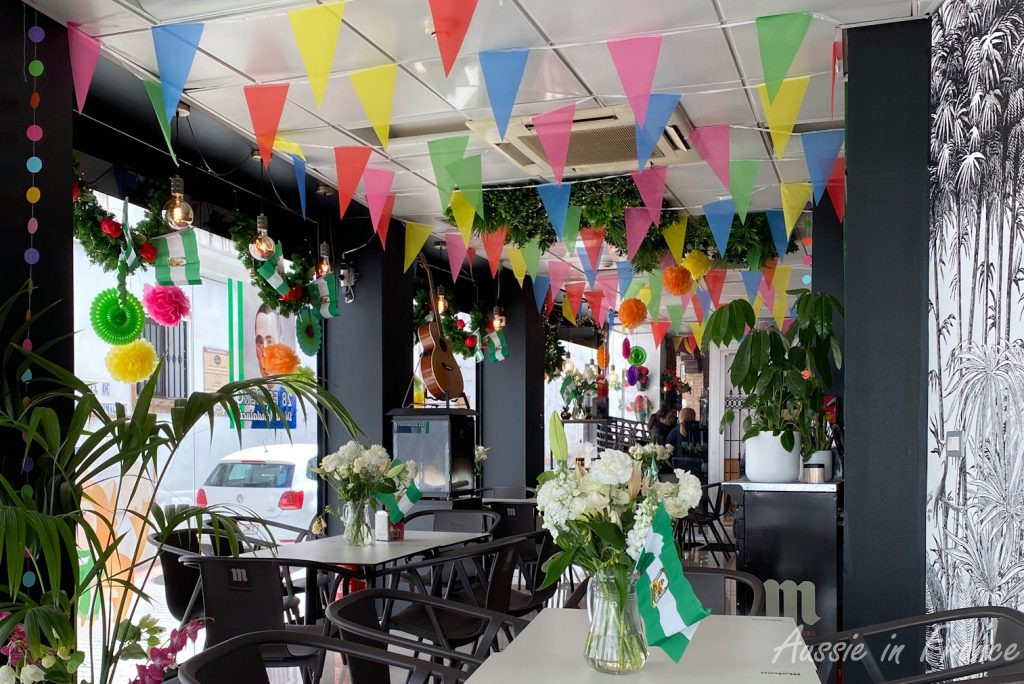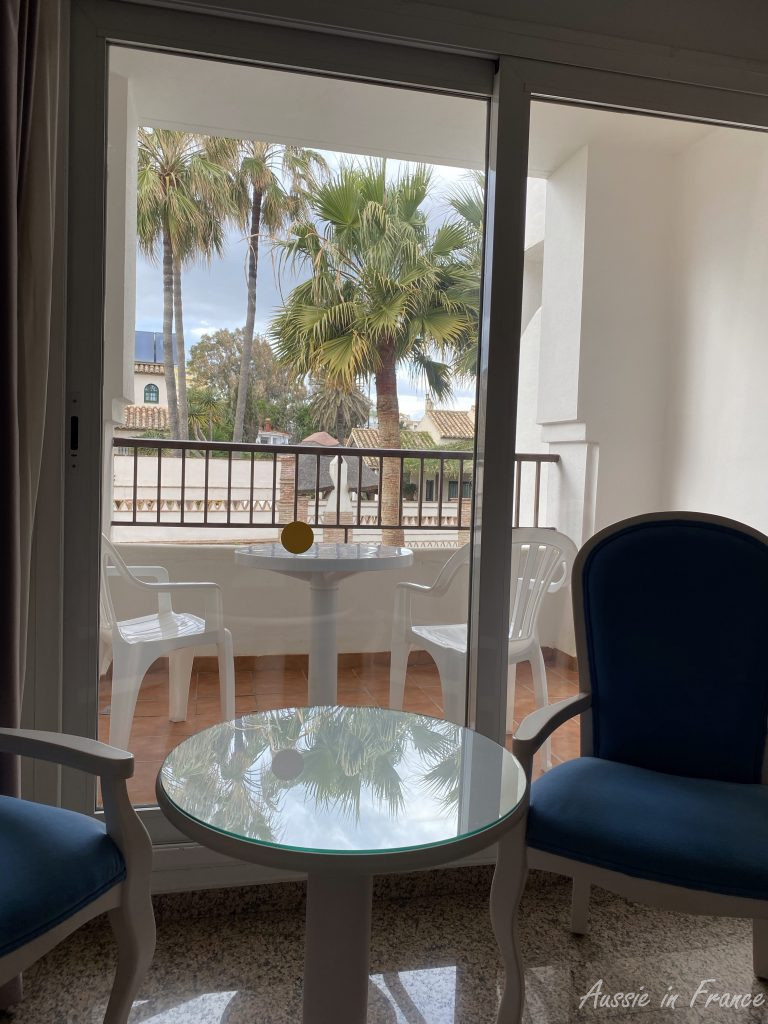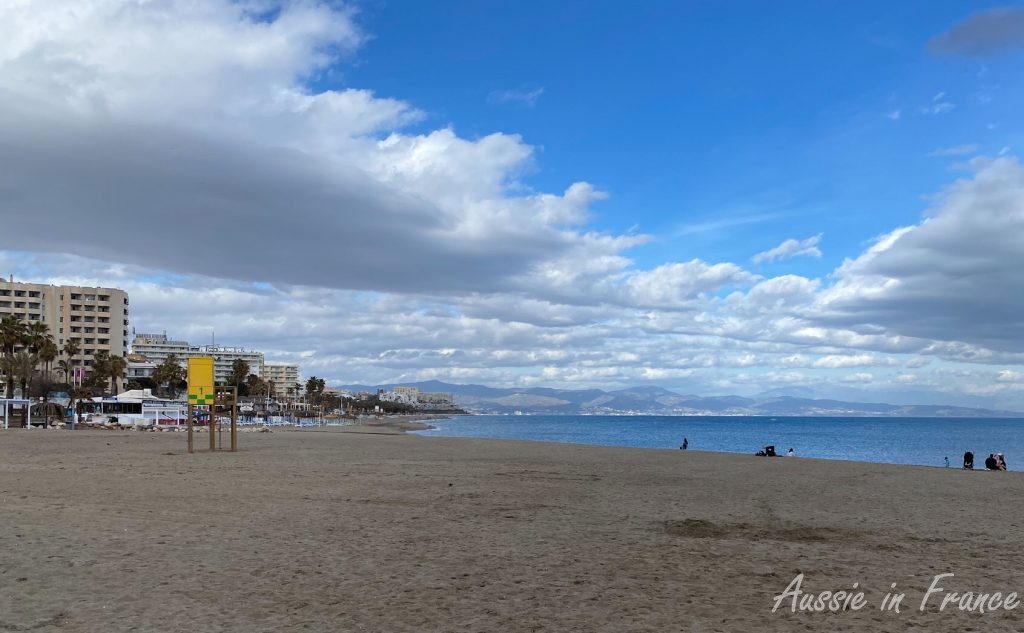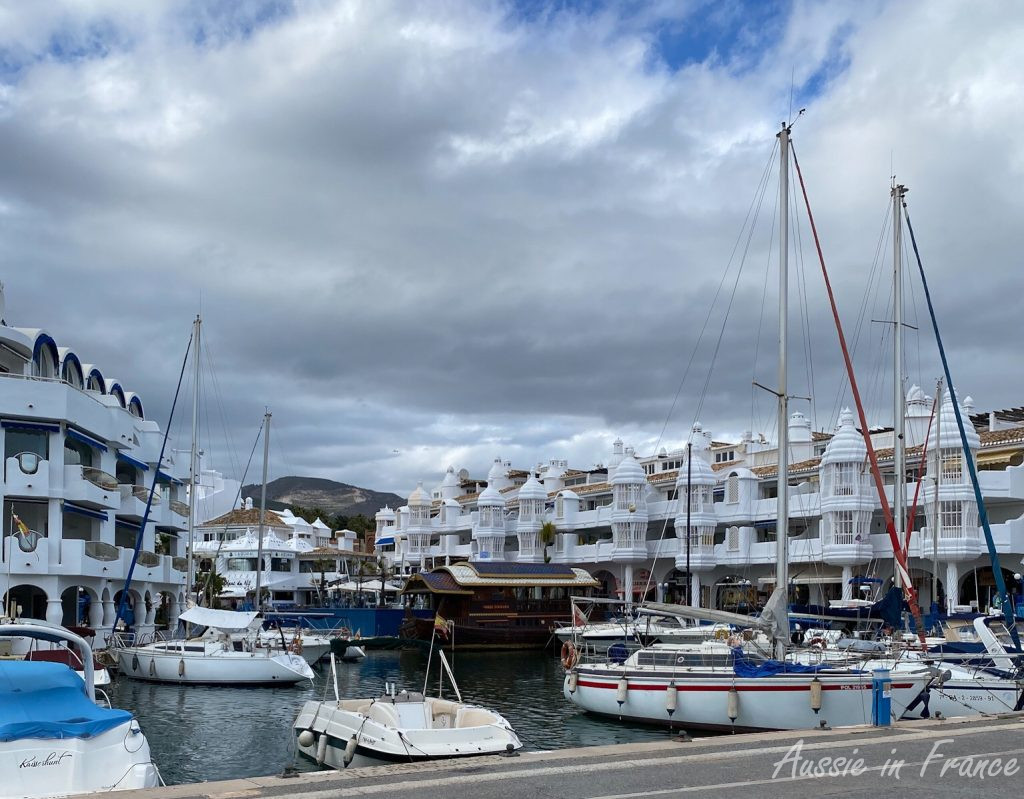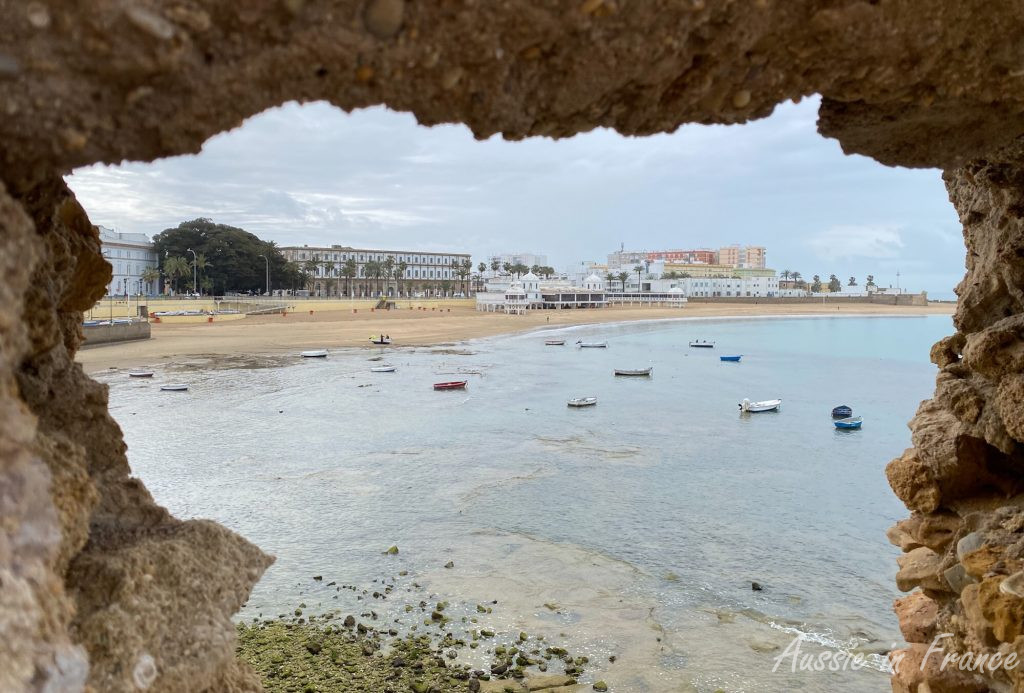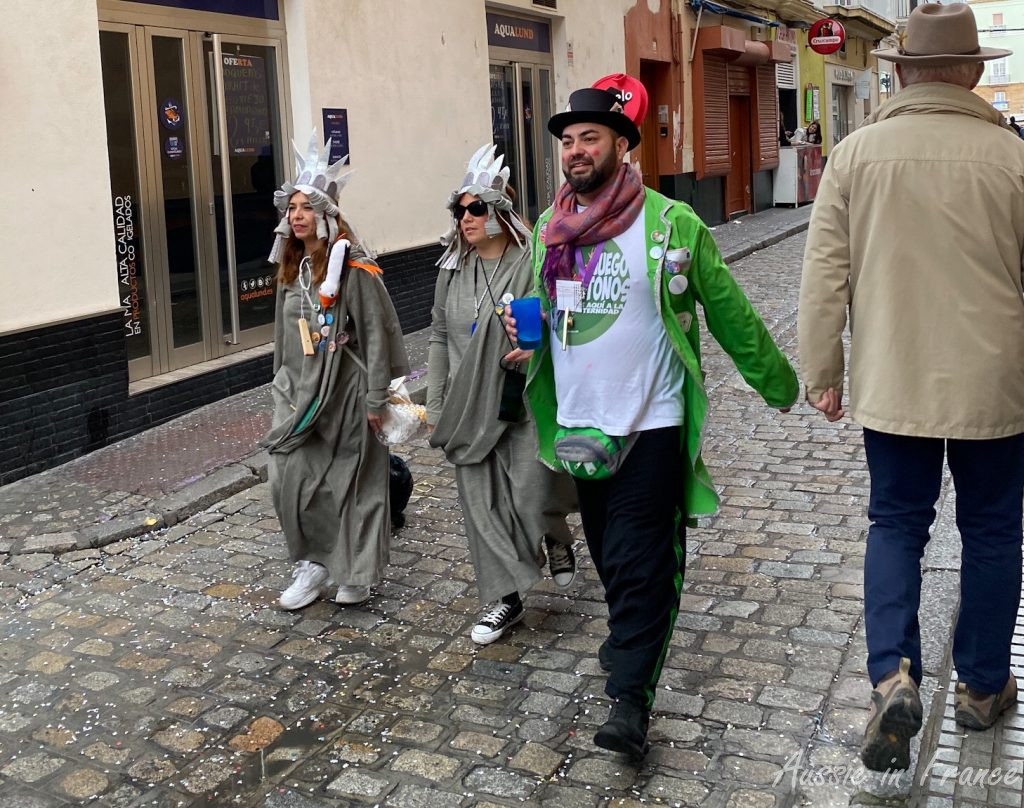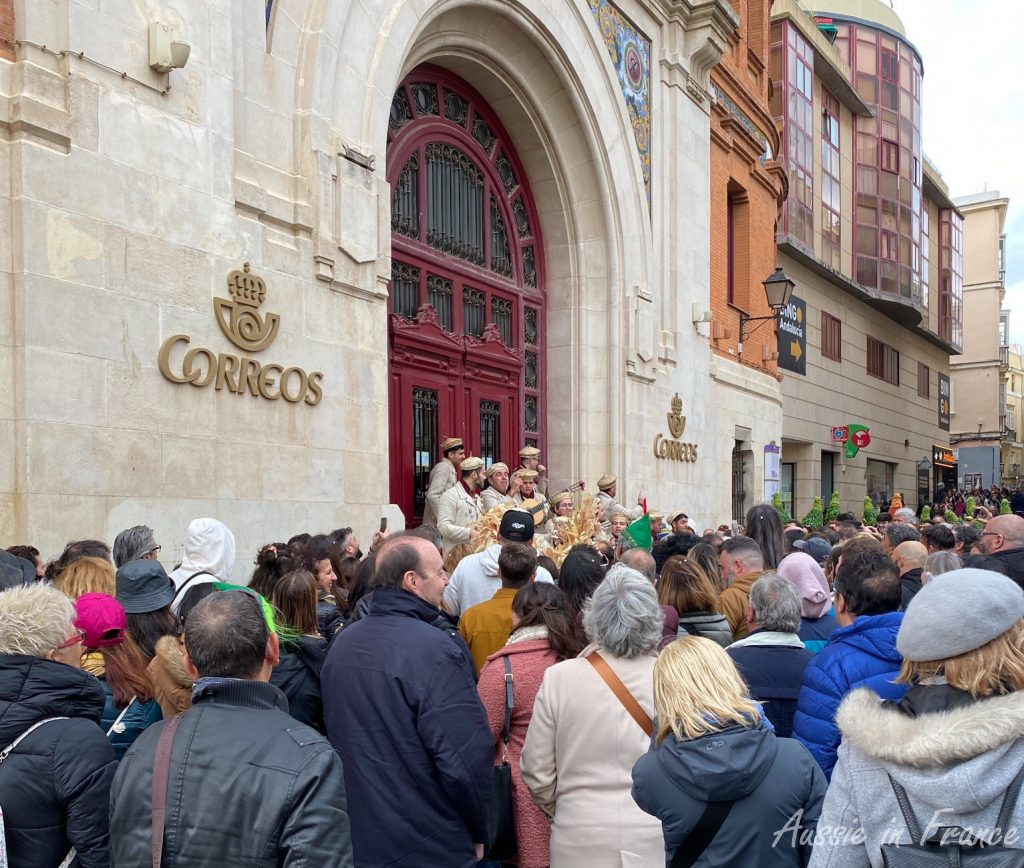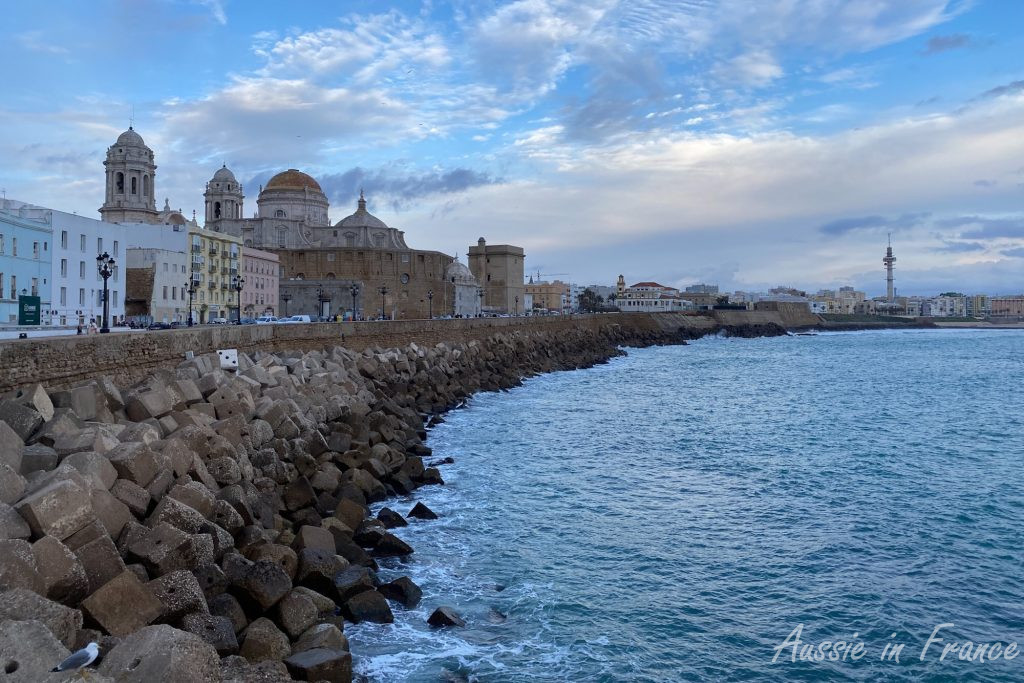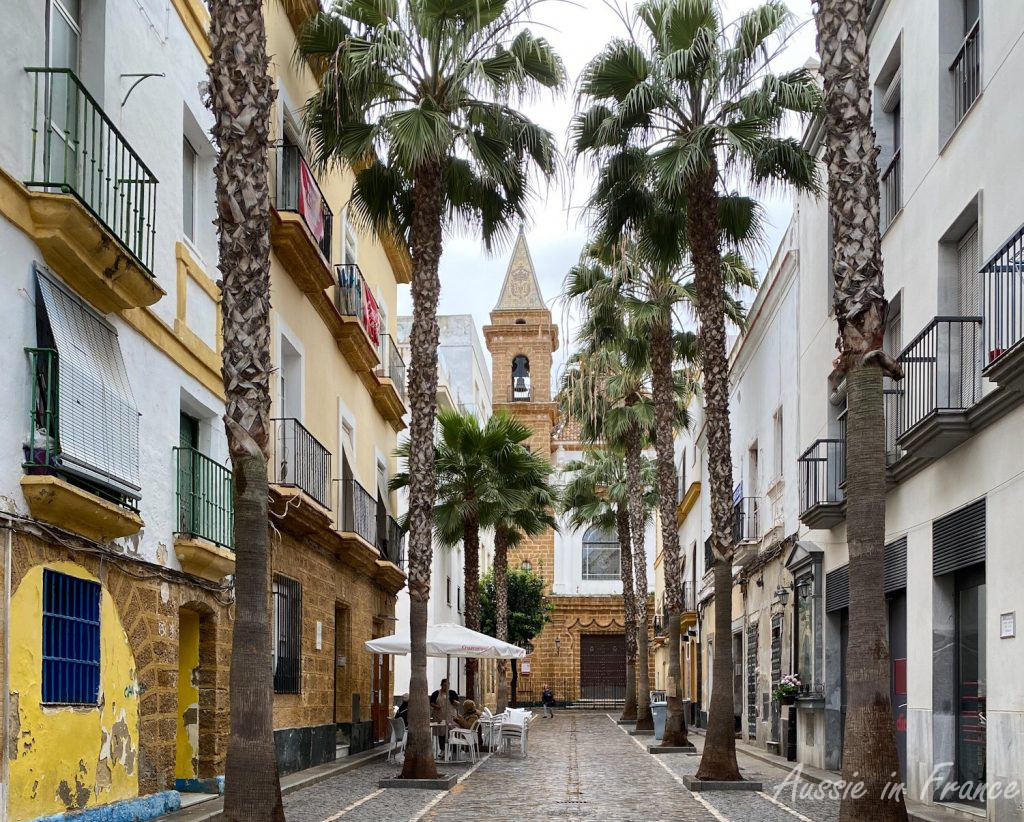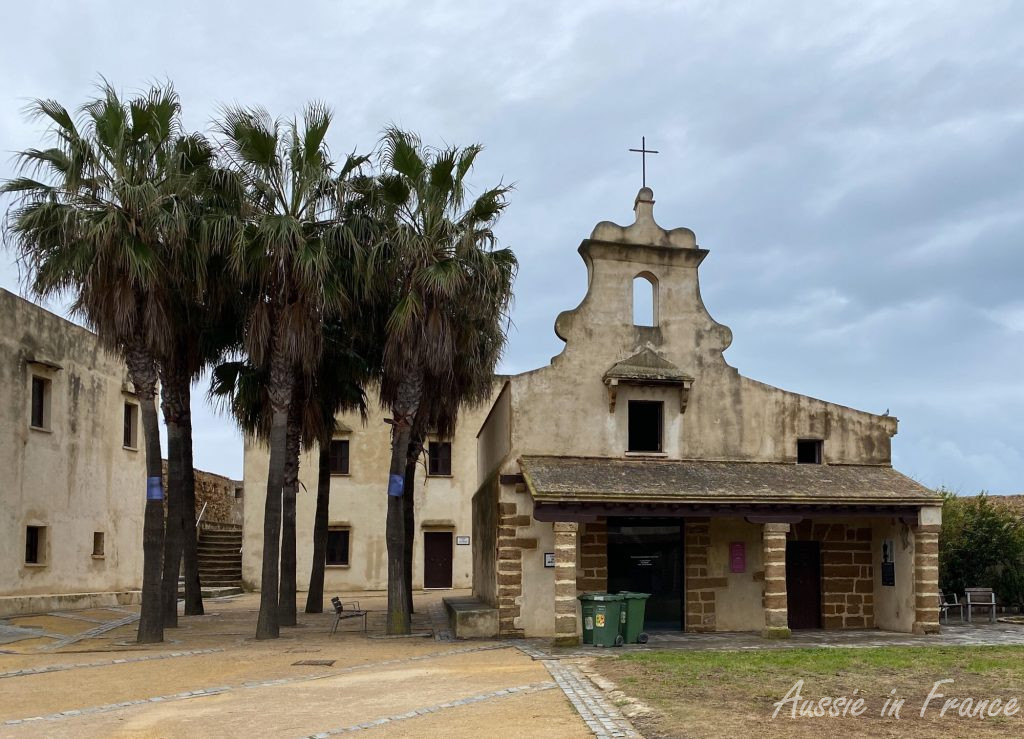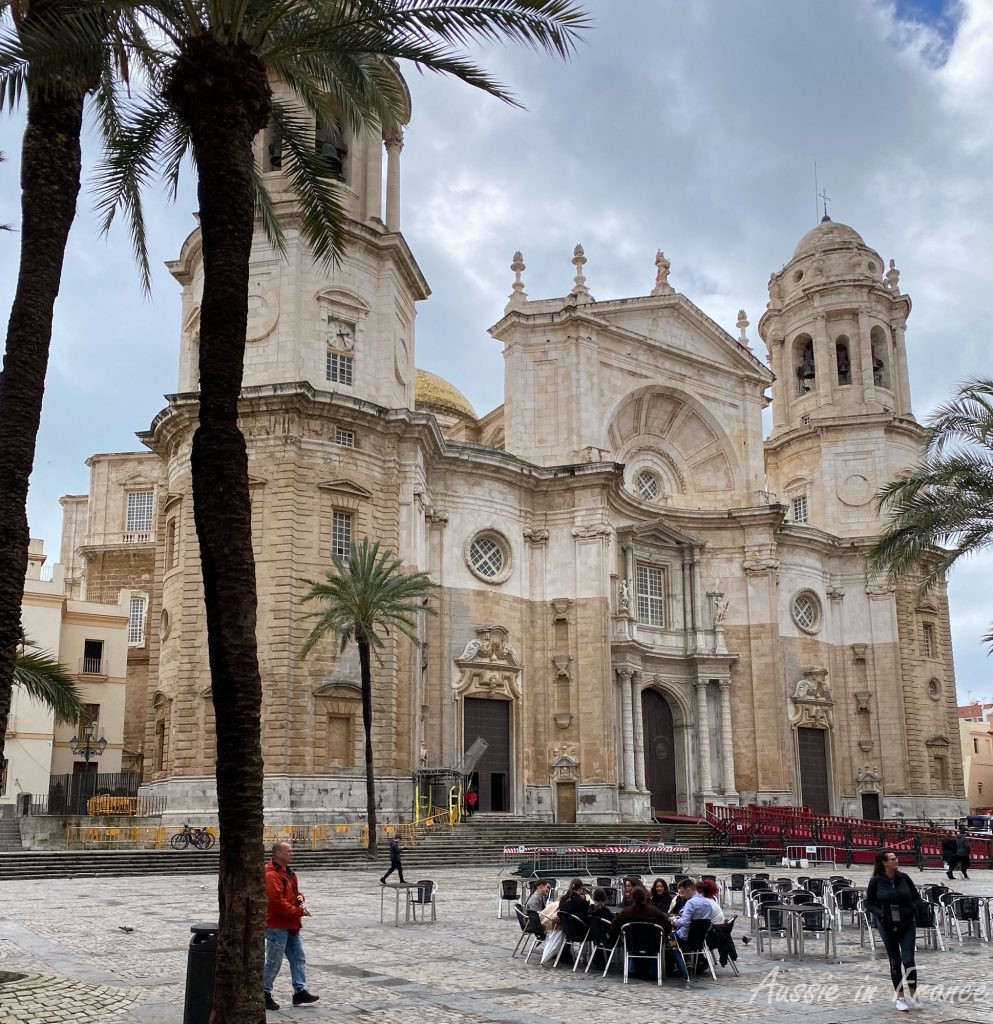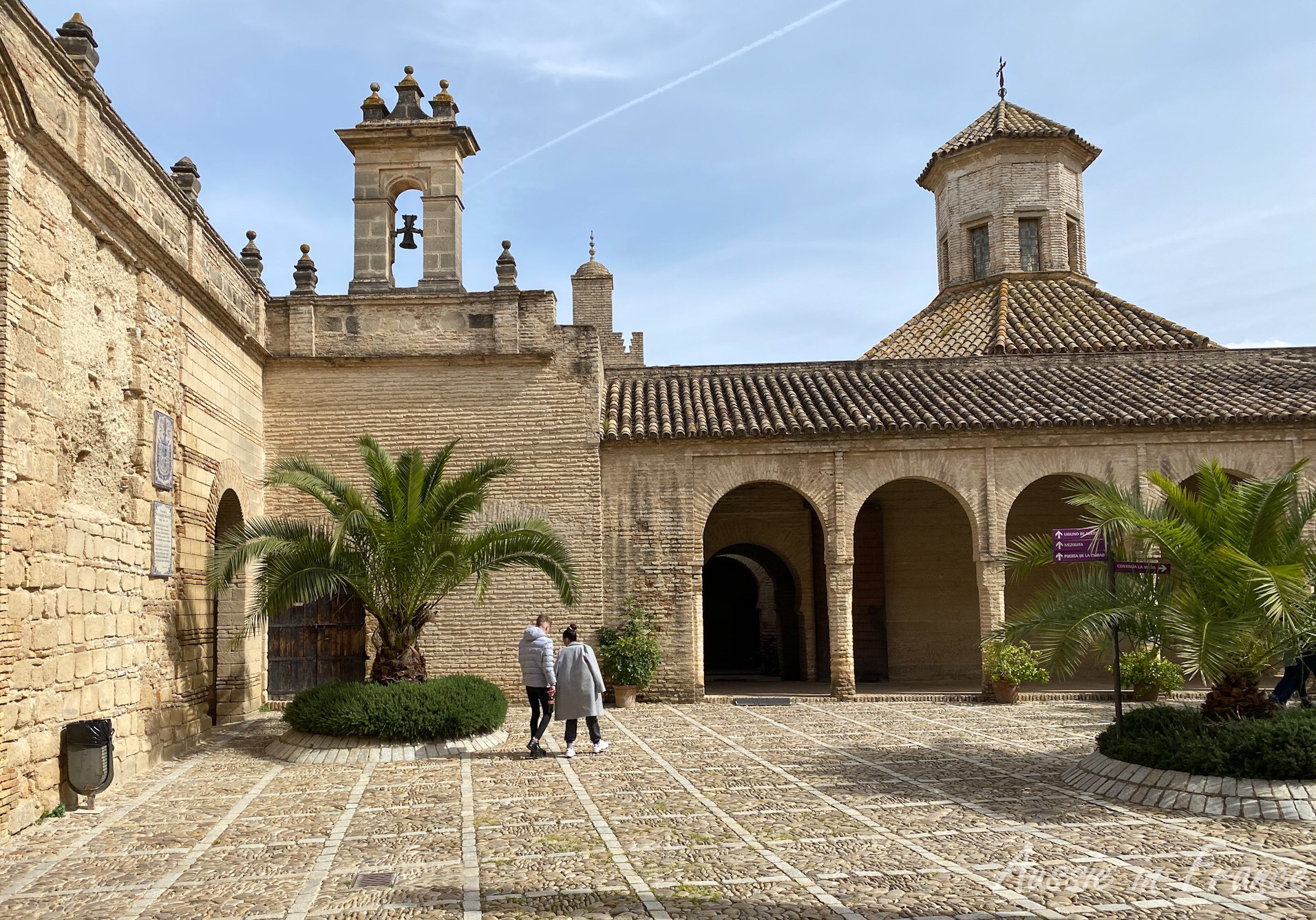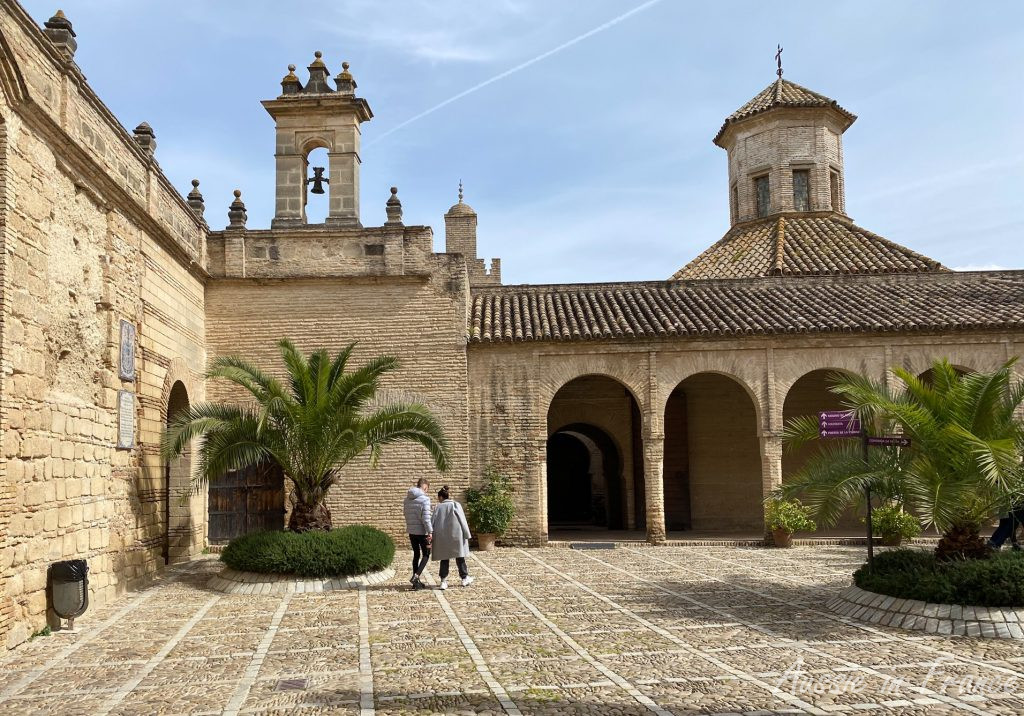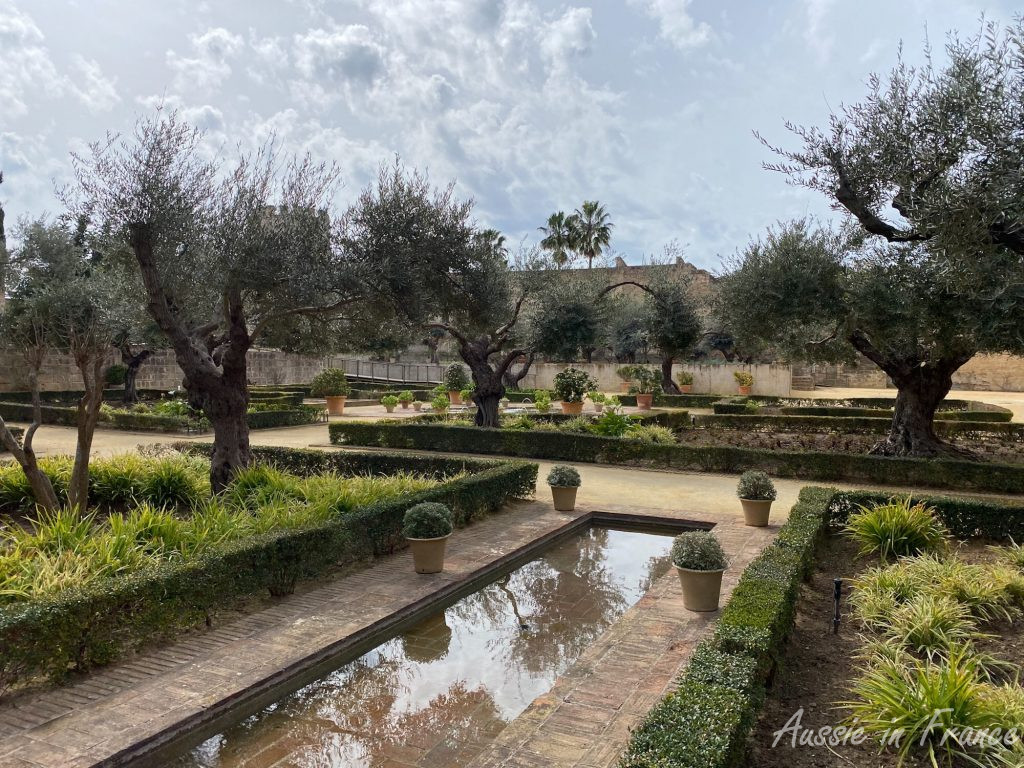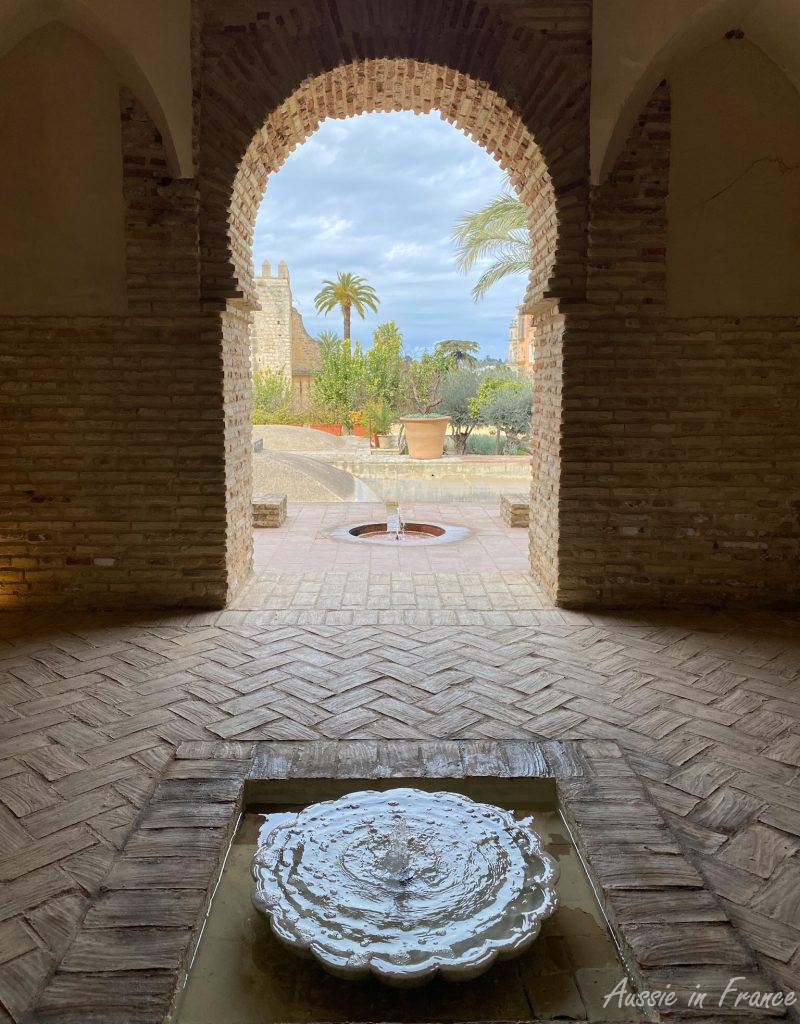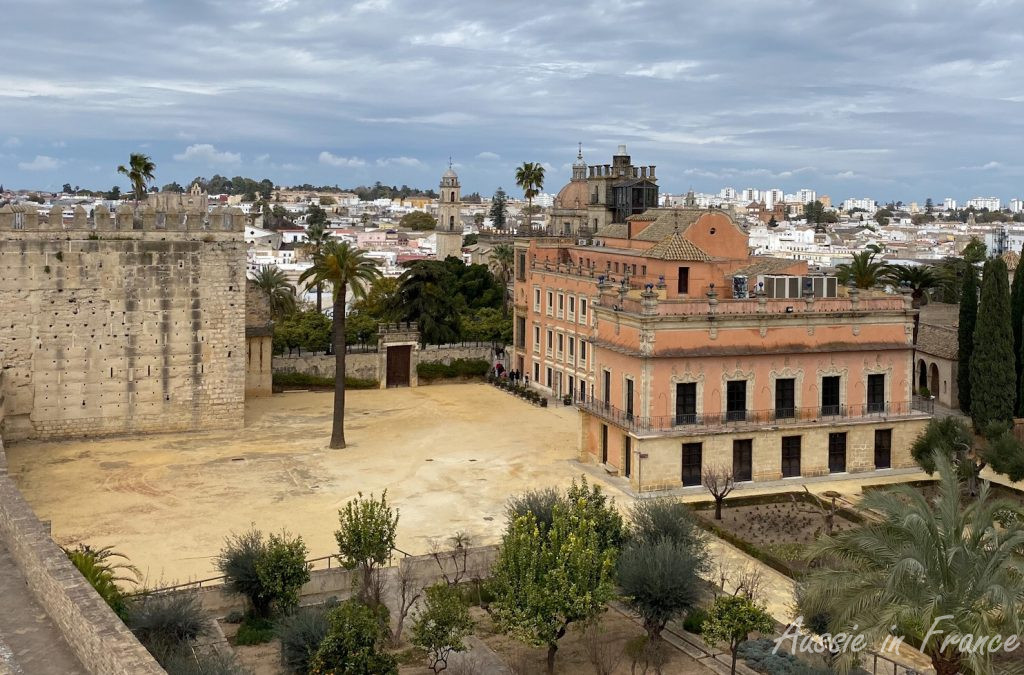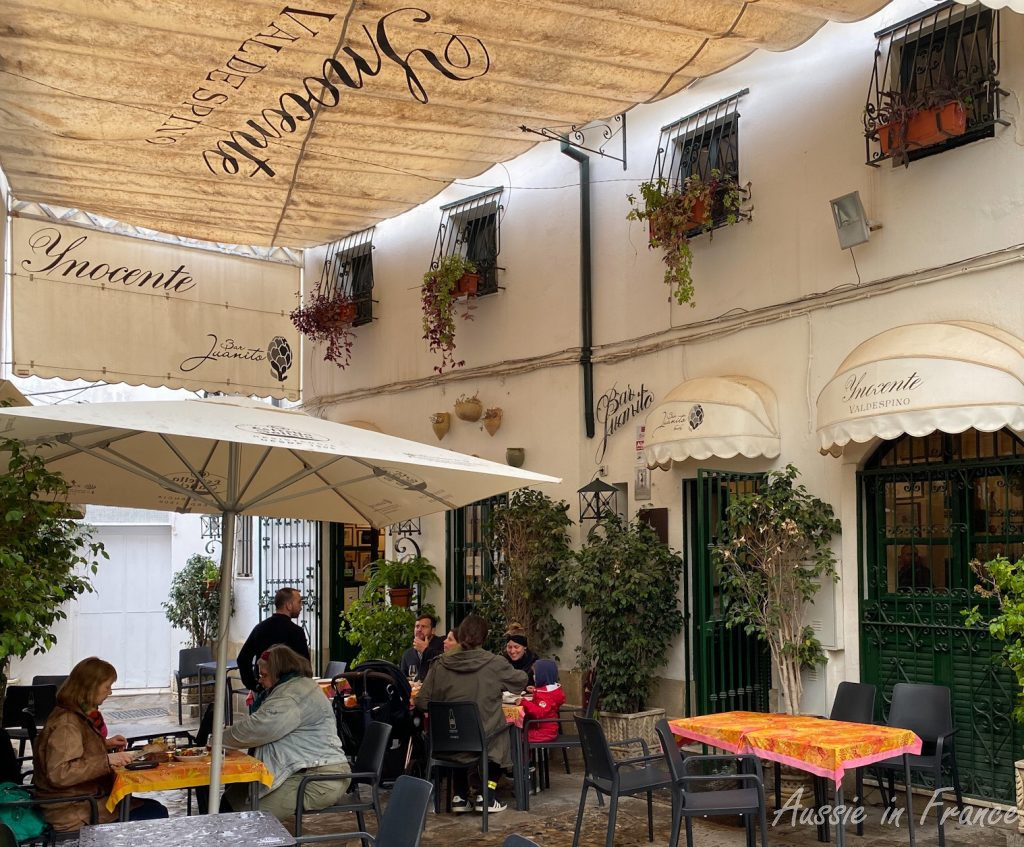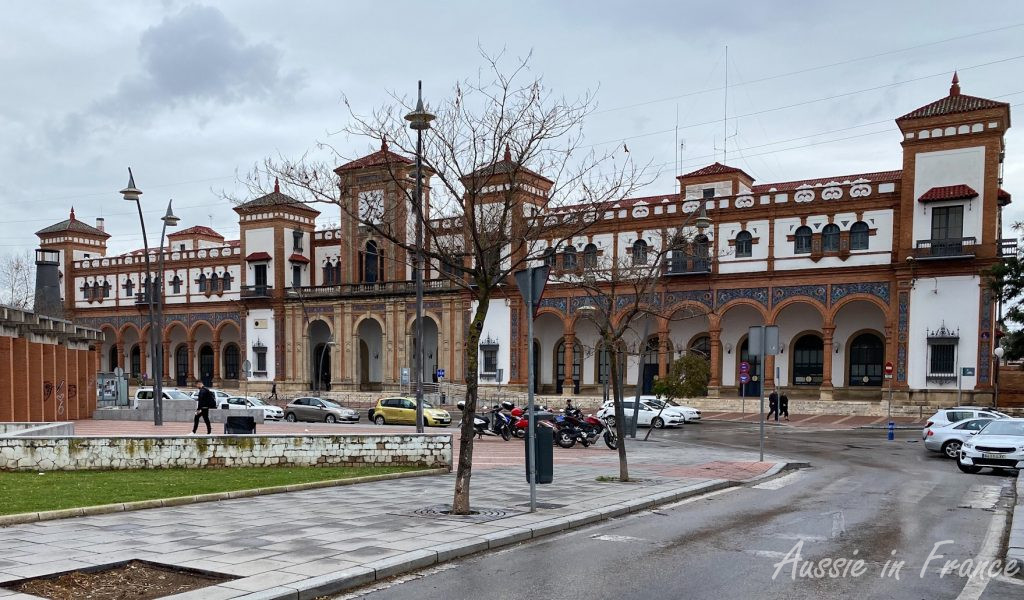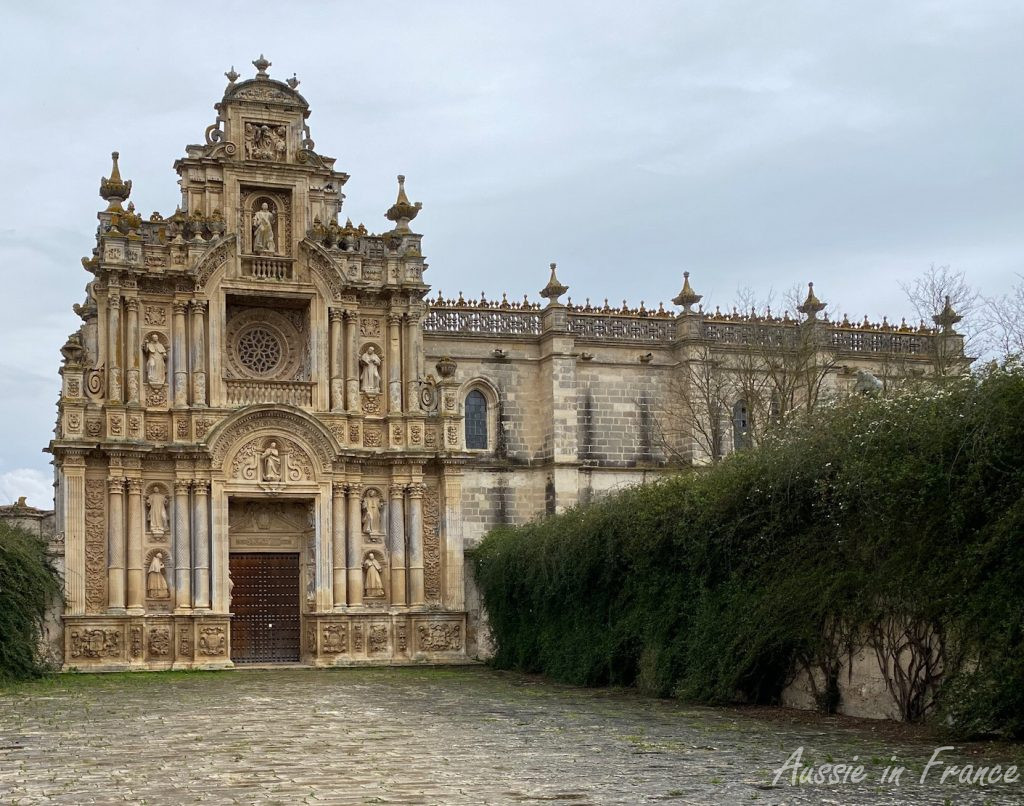I finally retired at the end of 2024 after semi-retirement 5 years earlier. I worked full-time for 40 years in France as a freelance technical and legal translator, in the days before AI. I also lectured in the Masters programme at ESIT, which for many years the only state-run translation and interpretation school. I was there for 15 years, including 6 years in a part-time position.

After I retired, I continued to work part-time as an auto-entrepreneur, mainly as a sworn translator. I loved my profession and the transition to part-time sworn translator kept me in contact with a lot of interesting people as my main work was translating documents such as birth certificates, naturalisation applications, driver’s licence exchanges and real estate transactions. Last year, I did two interpretations for property sales at the notaire’s. I am happy to be finally retired that I would still be happy to do the odd interpretation.
When I get up in the morning, I can take my time. It’s a wonderful feeling! No more deadlines to meet! And it’s surprising how much time it takes to do nothing in particular. Do I get bored, you may ask? NO!! I have plenty to occupy me. First, I have a long list of things I’ve been meaning to do for a long time such as updating this blog :). I am currently making digital photo albums to have them turned into a printed book.

One of our great pleasures is our daily wordle – 2 wordles and one quordle in French and the New York Times wordle for me, which I play with friends from my old school days in Townsville where I was born and brought up.
Apart from our own garden, I look after a shared garden that is attached to Châtel Rose, my holiday rental studio in Blois. It’s a very different sort garden – completely flat – unlike our own garden which is clay and mainly on sloping ground. I practically started the shared garden from scratch, with flowering perennials that need very little water as we don’t have a water supply. So far, it’s doing very well. It keeps me busy as I am virtually the only gardener! Our garden at home is practically a full-time job but I am working towards less maintenance as it becomes more established. We have a watering system from a well at the back of the house.
Jean Michel is an extraordinary renovator. We have added a paved terrace and wrought-iron pergola behind our house which will soon be covered in climbing roses. My talented husband has also made a laundry, added custom-built staircases to the garage and wood shelter and redone the entire rear façade of the house. His current project is renovating the barn and adding a greenhouse to the back of the non-functional little house on one side of our property. I help when I can but concentrate more on the garden.
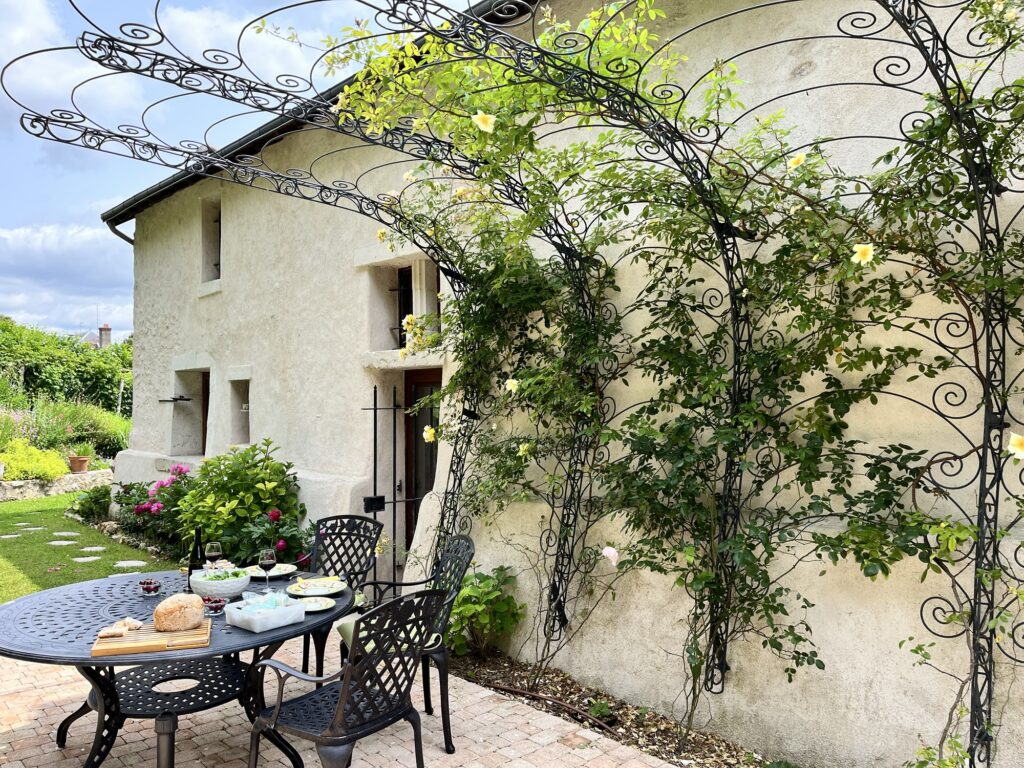
We do a lot of travelling, especially to Boston where my darling little grandson, Eric (five in August) and beautiful little granddaughter Sophie (2 in March) live with my son and his American wife. My daughter and her Dutch husband live in New York with Lucas who turned one in October. We have been doing a lot of home exchanges for which we are very thankful as it really the only viable way we can visit for three or four weeks at a time.
After living in the Palais Royal in the middle of Paris for ten years, we moved to a beautiful house in Blois in the Loire Valley when Jean Michel retired 11 years ago. The house, built in 1584, was in excellent condition on the whole. We (and this means mostly Jean Michel) have mainly renovated the monumental fireplace in the upstairs living room, completely redone the downstairs kitchen, adding a picture window, fitted out a small upstairs kitchen and added skylights.
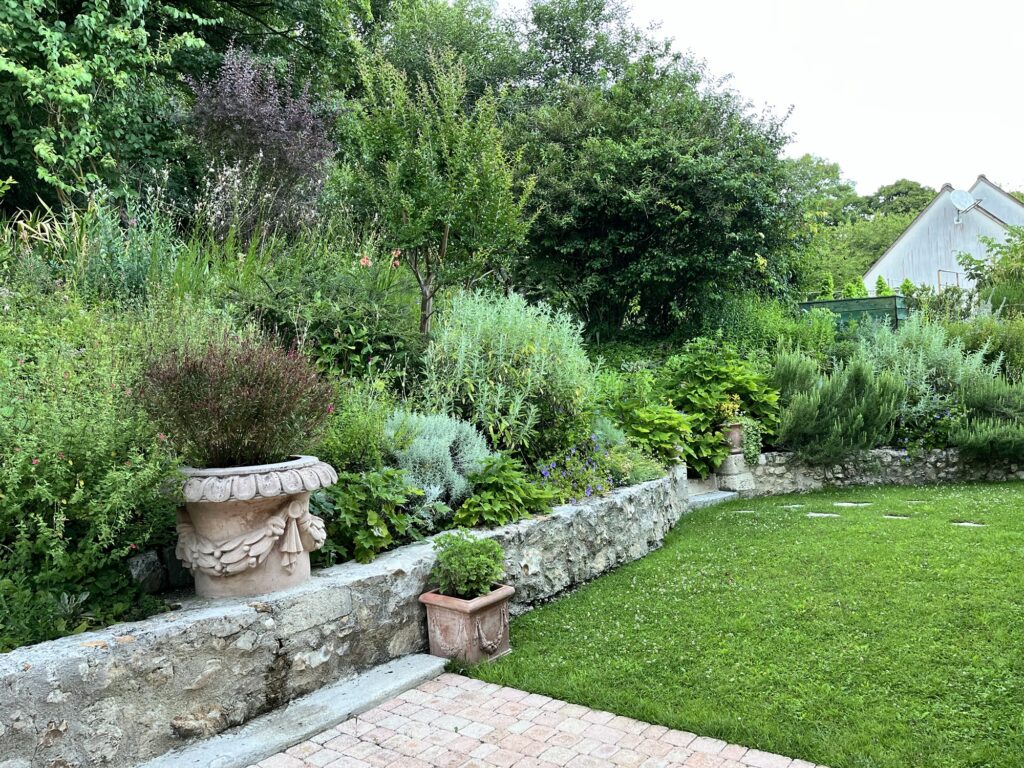
To keep fit and healthy, we both practice 5:2 intermittent fasting twice a week and I walk briskly for an hour every day. I try to get the household chores, including making my own yoghurts and bread, out of the way by 11 am. Fortunately I have a cleaner.
When the weather gets warmer, we cycle on our e-bikes as much as we can, sometimes driving to further locations with the bikes on a rack at the back of the car. We have now visited all the main châteaux in the region and most of the smaller ones. There are many bikes routes in the area but with our e-bikes, we are not limited. We have favourite places such as the rose village of Chédigny that we visit a couple of times a year.
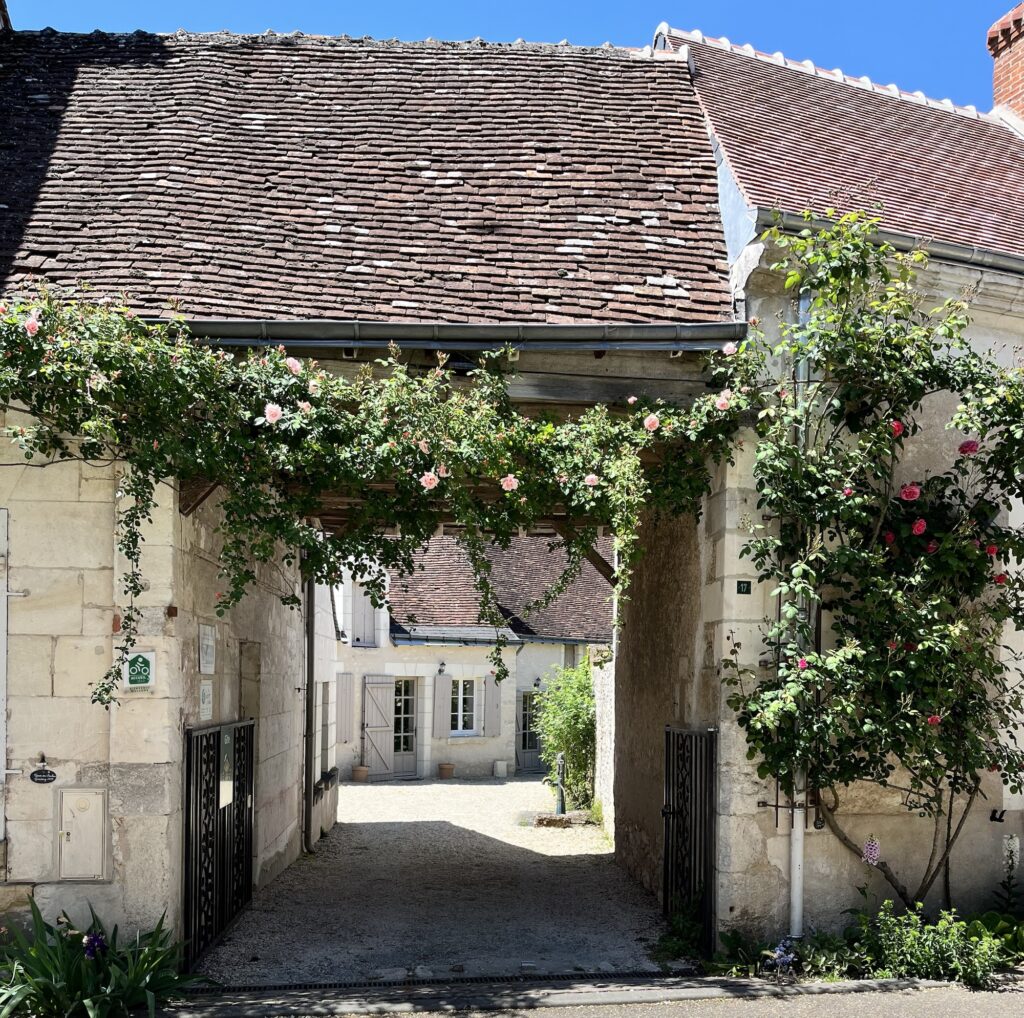
We have annual passes to Château de Chaumont and go there for coffee, cakes and a walk every Sunday morning we are in Blois. From April to the end of October, there is an annual garden festival in the château grounds which gives us endless variety from one season to the next. The château has frequent photography and art exhibitions.
Every Saturday morning we go to the local produce market in Blois which gives us the opportunity to catch up with locals we have come to know over the years. We have coffee at Jeff’s outdoor stand in warmer weather and at Le Baroque on the corner of Place Louis XII the rest of the time. From October to April we buy oysters to take home for lunch.
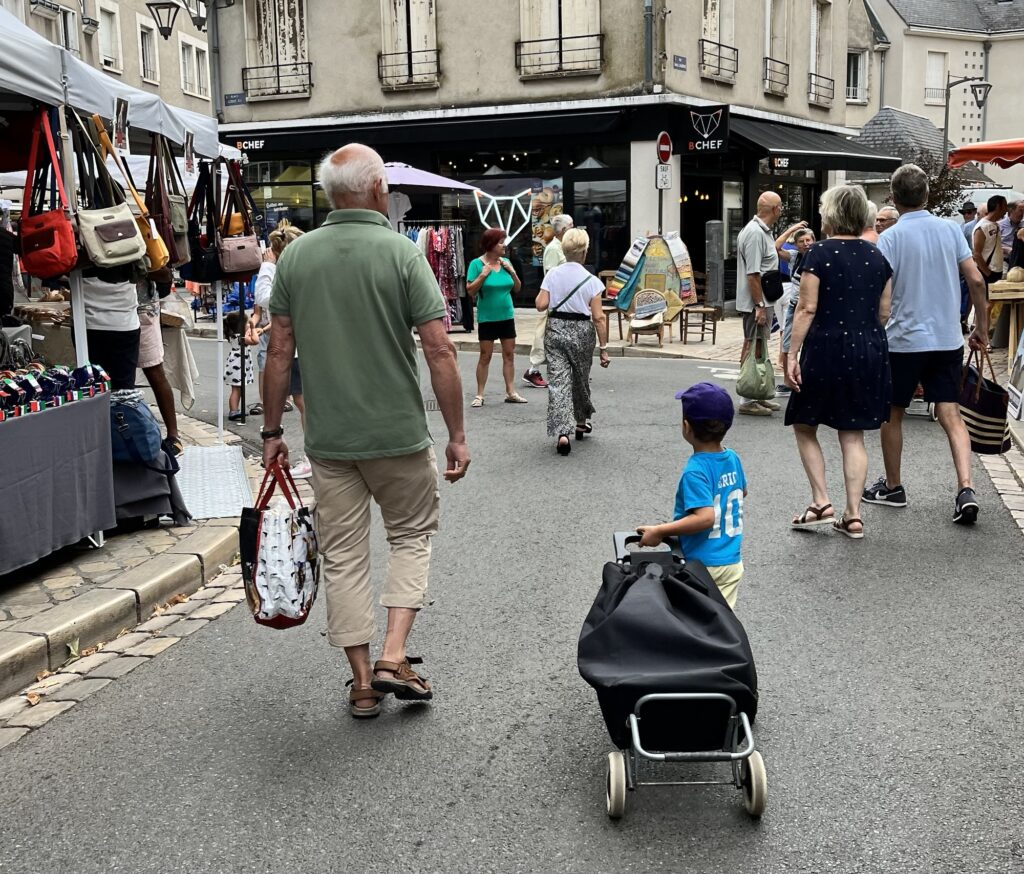
As you can see, we are creatures of habit! We usually find a warmer destination in February or early March to spend a week exploring other European countries. In recent years, we’ve been to Rome, Cyprus, Malta, Sicily, Andalucia and Crete. We track the weather and book our airline tickets and accommodation at the last minute.
Towards the end of June, we usually set off on a 3 or 4-week cycling holiday, choosing the destination and departure date according to the weather, once again. We do not like cycling in the rain although an occasional rainy day can give us some R&R! We have now covered most of Europe. Our method is to rent an appartment for 3 or 4 nights and cycle in different directions.

Last year, for example, the ultimate destination was Lake Bled in Slovenia. We went via Cerdon in the Jura mountains in France, Lake Iseo in Italy, Porec on the Istrian peninsula, then Lake Bled itself. We returned via Radovlijica in eastern Slovenia, Ebbs in Austria and Saint-Hippolyte in Alsace. We usually book the next apartment on the second day of our stay in each place. That way, we can make the best choice weather-wise!
The rest of the summer is spent making the most of our garden, interspersed with cycling excursions.
As there is a several lack of medical practitioners in Blois, we go to Amboise or Tours if we need to see a specialist. We usually make a day of it to catch up with some shopping and take in a restaurant.
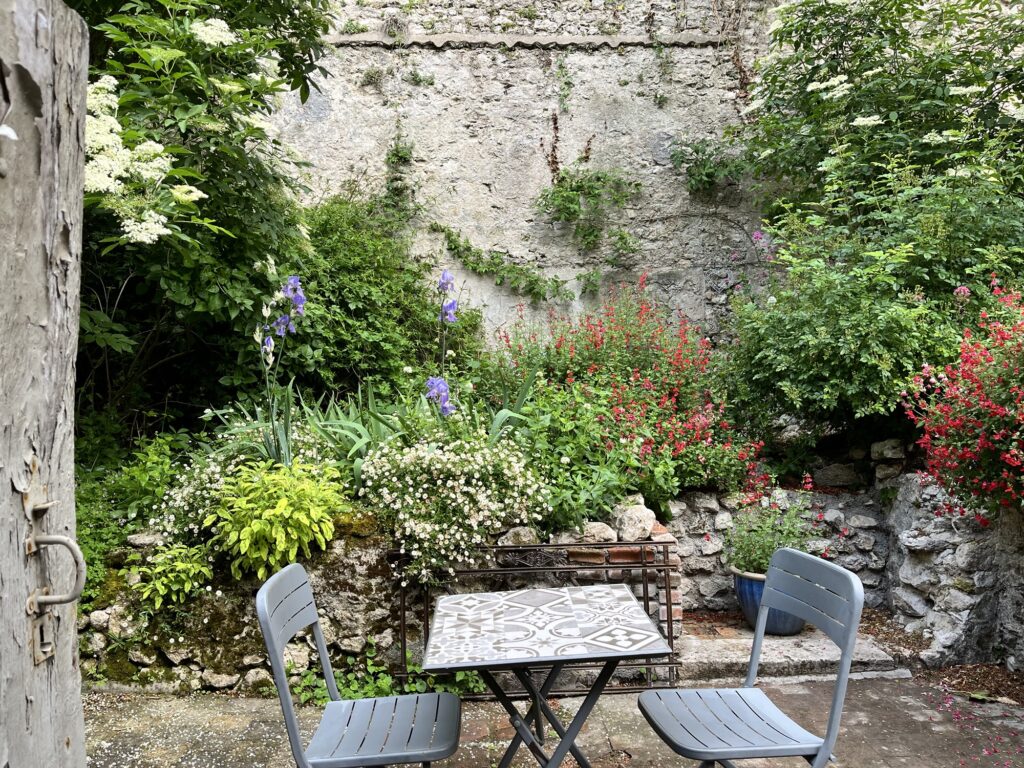
One of our great pleasures is making the most of the local gastronomy. We choose a Michelin-starred restaurant in the area four times a year to celebrate our birthdays and anniversaries. Fortunately, they are well spaced out – April, June, October and December! At the other end of the scale, we go to “workers’ restaurants” when we are cycling. There are plenty of other occasions to enjoy all the other great restaurants in between!
I realise that overall, we are not very social beings but we do see friends from time to time and have had quite a few visits from our children and grandchildren in the last couple of years. I have a lot of virtual contact with friends as well, some from my childhood.
All I can say is that we are never bored and that our days are always full!

